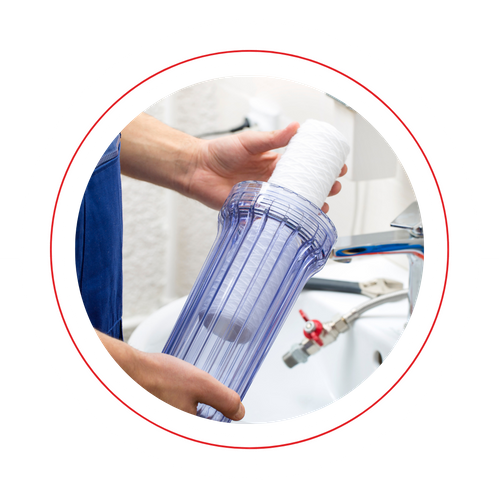There are several types of water filtration systems available, each with its own method of removing impurities and contaminants from water. Here are some of the most common types of water filtration systems:
Reverse Osmosis Systems
Reverse osmosis systems use a semipermeable membrane to remove impurities and contaminants from water. The water is forced through the membrane, leaving behind any substances that are larger than water molecules.
Reverse osmosis systems are effective at removing a wide range of impurities, including bacteria, viruses, chemicals, and heavy metals. However, they can be expensive and may also remove beneficial minerals from the water.
Carbon Filters
Carbon filters use activated carbon to remove impurities and contaminants from water. The carbon has a large surface area, allowing it to trap and absorb substances as the water passes through.
Carbon filters are effective at removing chlorine, sediment, and some chemicals from water. However, they may not be as effective at removing bacteria and viruses.
UV Filters
UV filters use ultraviolet light to kill bacteria and viruses in water. The water is exposed to UV light, which damages the DNA of these microorganisms, rendering them unable to reproduce and cause illness.
UV filters are effective at removing bacteria and viruses, but they may not remove other impurities and contaminants from water.
Whole House Filtration Systems
You install whole house filtration systems at the point where water enters your home. They filter all the water that comes into your home, ensuring that all faucets and appliances have access to clean, filtered water.
These systems can use a combination of different filtration methods, such as carbon filters, UV filters, and reverse osmosis, to remove a wide range of impurities and contaminants from water.


